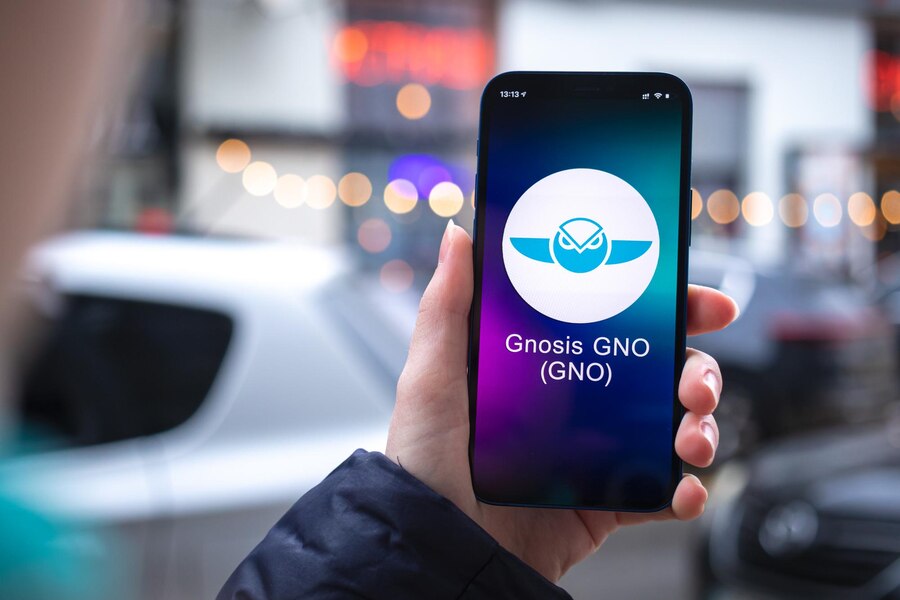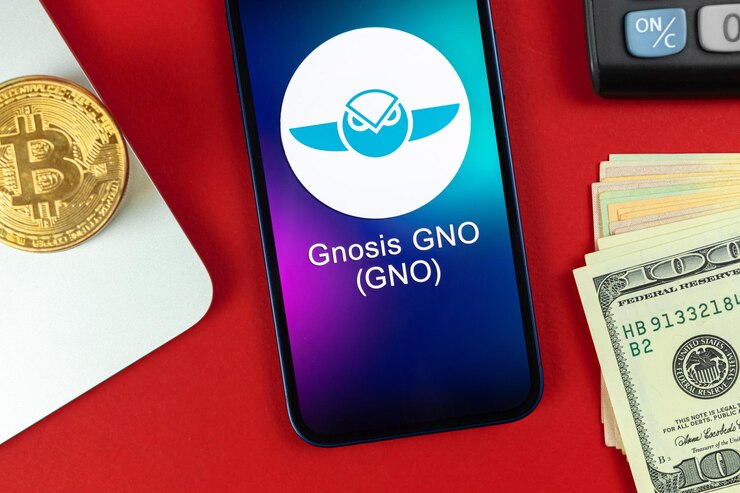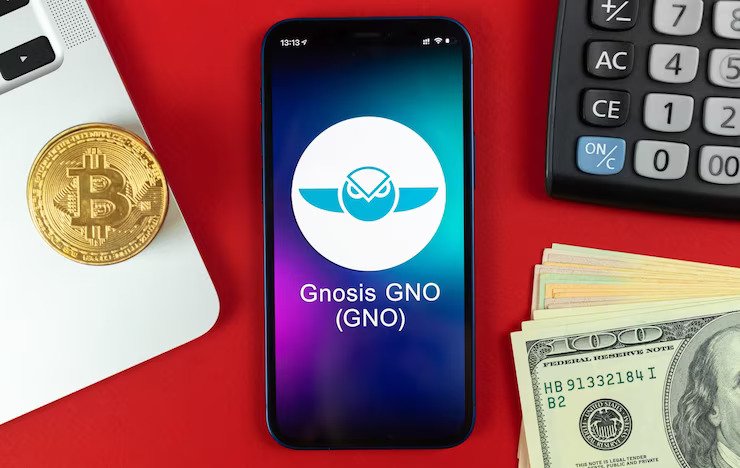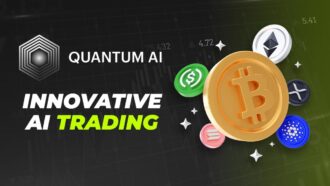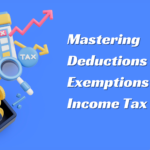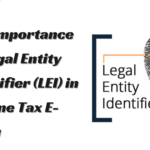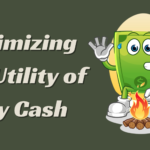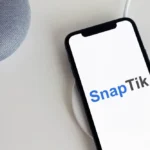The Legal and Regulatory Framework for Decentralized Prediction Markets: A Discussion of Gnosis (GNO)
Decentralized prediction markets have been gaining popularity in recent years, with platforms like Augur and Gnosis leading the way. These markets allow users to bet on the outcome of future events, such as the outcome of an election or the price of a commodity. While these markets have the potential to revolutionize the way we predict the future, there are also legal and regulatory challenges that must be addressed. If you’re considering trading cryptocurrencies, it’s essential to find a reputable exchange like Profit Revolution to ensure the security of your digital assets.
In this article, we will discuss the legal and regulatory framework for decentralized prediction markets, with a focus on Gnosis (GNO). We will examine the current state of regulation, the challenges facing decentralized prediction markets, and how Gnosis is working to address these challenges.
Regulatory Landscape for Decentralized Prediction Markets
The regulatory landscape for decentralized prediction markets is still in its early stages. In the United States, for example, the Commodity Futures Trading Commission (CFTC) has taken a cautious approach to these markets. In 2017, the CFTC granted approval to a platform called LedgerX to operate as a derivatives clearing organization for bitcoin options trading. However, the CFTC has yet to grant approval to any platform for decentralized prediction markets.
Other countries have taken a more permissive approach to these markets. In the United Kingdom, for example, the Financial Conduct Authority (FCA) has indicated that decentralized prediction markets fall outside of its regulatory purview. In Malta, a small island nation in the Mediterranean, the government has actively sought to attract blockchain and cryptocurrency companies by creating a regulatory framework that is friendly to these industries.
Challenges Facing Decentralized Prediction Markets
Decentralized prediction markets face several challenges, both legal and practical.
- From a legal standpoint, one of the main challenges is regulatory uncertainty. As we noted above, different countries have taken different approaches to these markets, and there is no clear global regulatory framework. This can make it difficult for companies operating in this space to navigate the regulatory landscape and ensure that they are in compliance with all relevant laws.
- Another challenge facing decentralized prediction markets is the risk of manipulation. Because these markets are based on user predictions, there is a risk that individuals or groups could try to manipulate the outcome of a market for their own benefit. This risk is compounded by the fact that these markets are often anonymous, which makes it difficult to identify and punish bad actors.
- Finally, decentralized prediction markets face practical challenges related to user adoption and scalability. While platforms like Augur and Gnosis have made significant strides in terms of user adoption, these markets are still relatively niche. In addition, the current technology behind these markets can be slow and costly, which limits their scalability.
How Gnosis is Addressing These Challenges
Gnosis, a decentralized prediction market platform, has taken several steps to address the legal and regulatory challenges facing these markets. For example, the company has been working with regulators to ensure that its platform is compliant with all relevant laws. Gnosis has also developed a unique mechanism for dispute resolution, which helps to mitigate the risk of manipulation.
In addition, Gnosis has developed a new token standard, called the Conditional Token Standard, which allows for more efficient and flexible trading of prediction markets. This standard allows for the creation of conditional tokens, which can be used to represent any outcome of a prediction market. These tokens can then be traded on decentralized exchanges, providing users with more flexibility and liquidity.
Conclusion
In conclusion, we have explored the legal and regulatory framework surrounding decentralized prediction markets, with a specific focus on Gnosis (GNO). We have discussed the challenges and opportunities that arise in this emerging field, and we have highlighted the importance of ensuring compliance with relevant laws and regulations. As more individuals and institutions become involved in decentralized prediction markets, it will be crucial to maintain a regulatory framework that balances innovation with protection for consumers and investors. Gnosis (GNO) is an exciting project that has the potential to revolutionize prediction markets, and we look forward to seeing how it continues to evolve in the years to come.

